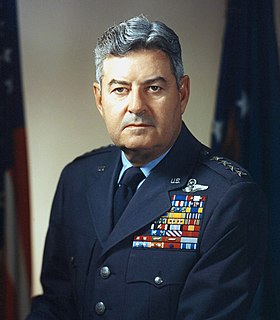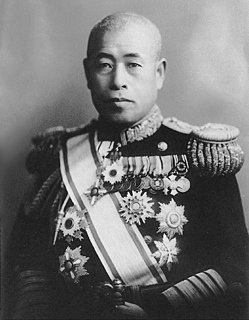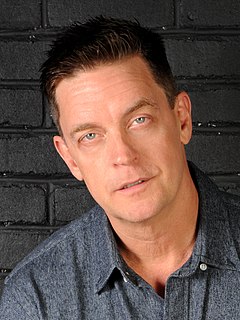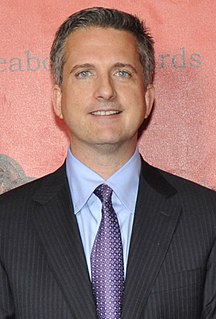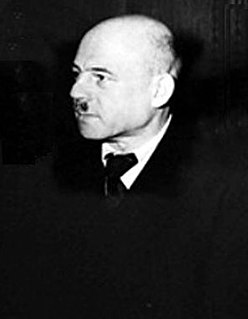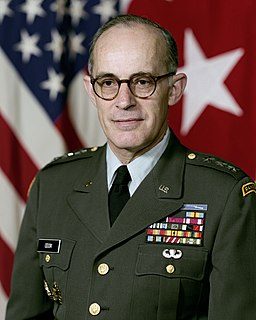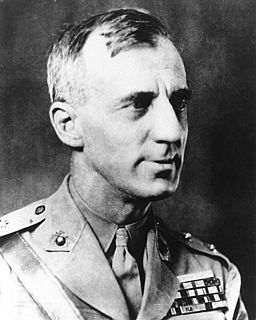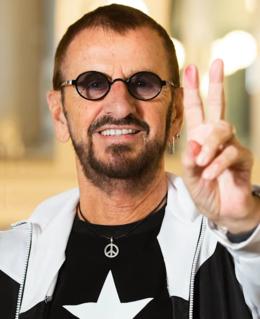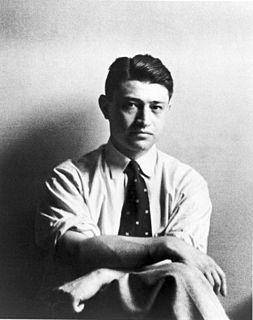A Quote by Helmut Schmidt
When I became a soldier, I was drafted in 1937, and instead of being released two years later, I had to stay on because the war had started in the meantime. I was a soldier for more than eight years, as long a time as I was Chancellor.
Related Quotes
He told me that once, in the war, he’d come upon a German soldier in the grass with his insides falling out; he was just lying there in agony. The soldier had looked up at Sergeant Leonard, and even though they didn’t speak the same language, they understood each other with just a look. The German lying on the ground; the American standing over him. He put a bullet in the soldier’s head. He didn’t do it with anger, as an enemy, but as a fellow man, one soldier helping another.
My writing became more and more minimalist. In the end, I couldn't write at all. For seven or eight years, I hardly wrote. But then I had a revelation. What if I did the opposite? What if, when a sentence or a scene was bad, I expanded it, and poured in more and more? After I started to do that, I became free in my writing.
I just spent a lot of time on 'ER' for that eight years. I also started working when I was 16, so by the time I left 'ER,' I was 40 years old, I had this incredible experience, my wife had this great company, we had four kids, it was like, 'Let's go to New York and live for a while and make that the priority.'
... I think it is fair to say that all war photographers hide behind their cameras. I hid behind mine for years and years and years. It was a shield... I think that the photographer in combat has a greater protection than the soldier who has a rifle in his hand. That camera has unbelievable protective power.
Each soldier was the living image of the others, but there was one who was a bit different. He had only one leg, for he was the last to be cast and the tin had run out. Still, there he stood, just as steadfast on his one leg as the others on their two; and he is the tin soldier we are going to hear about.
When I was 15 years old in the tenth grade, I heard Martin Luther King, Jr. Three years later, when I was 18, I met Dr. King and we became friends. Two years after that I became very involved in the civil rights movement. I was in college at the time. As I got more and more involved, I saw politics as a means of bringing about change
When I was 15 years old and in the tenth grade, I heard of Martin Luther King, Jr. Three years later, when I was 18, I met Dr. King and we became friends. Two years after that I became very involved in the civil rights movement. I was in college at that time. As I got more and more involved, I saw politics as a means of bringing about change.

